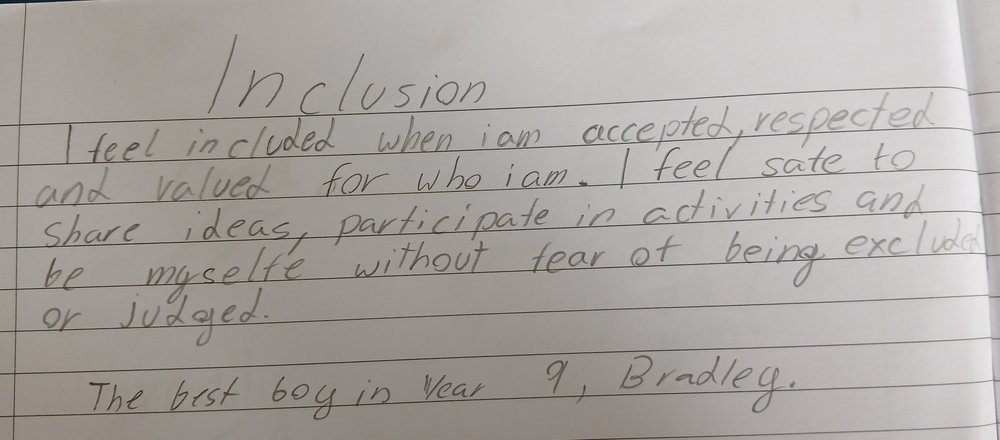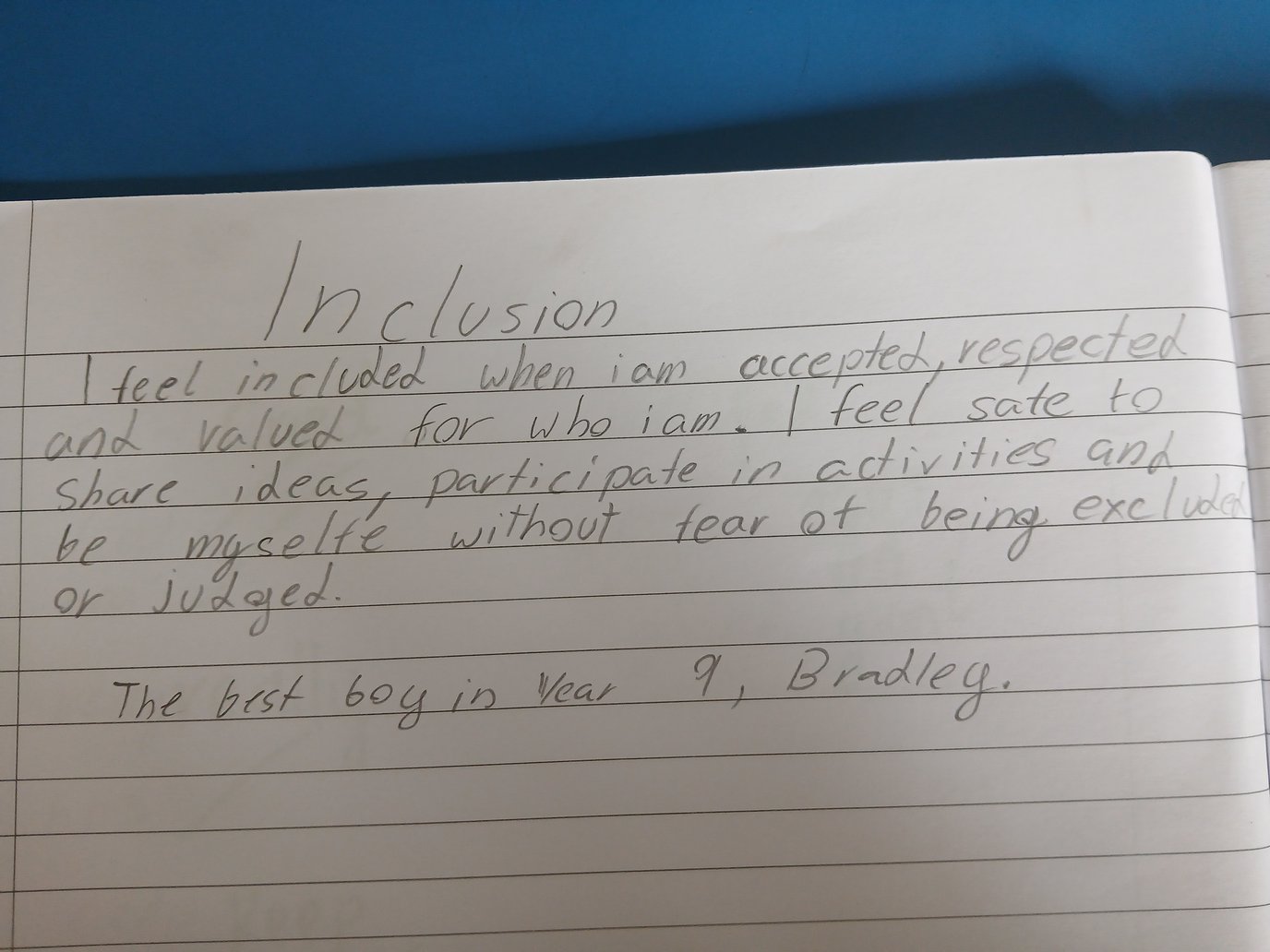To be an Inclusion Ally is not a Choice but a Responsibility.

20th June 2025
As the academic year draws to a close, we find ourselves not only looking back on the progress made in the curricular dimension, but also on the subtle, more profound moments that speak to the kind of ideal community we aspire to nurture and uphold. Among the most meaningful of these is inclusion. Not the one that has been meticulously drafted into our policy and is embedded in lessons and extra-curricular engagements as a matter of obligation; but the kind that manifests in how we treat or think of each other, especially when no one is watching.
These quiet, intentional moments where empathy guides action and difference is honoured bring us to the idea of what it truly means to be an inclusion ally.
To be an inclusion ally is to stand up for the quiet, the different, the misunderstood out of self-conviction that everyone, in their full uniqueness, has something to offer. It is about recognising that fairness does not always mean sameness, and that dignity starts with being truly seen.
Inclusion works best when we all take responsibility and collectively nurture it into our little home-grown nature with unbound potential to blossom beyond BMIS. This can be attained through making it our instinctual behaviour by embedding it in classroom cultures, playground friendships, lunchtime conversations, and hallway interactions.
Being an inclusion ally means:
- Taking a moment to notice who has been left on the margins.
- Offering a seat, a smile, or simply your presence without fanfare.
- Listening to those whose voices are often overlooked.
- Choosing understanding over quick assumptions.
- Challenging exclusion, even when it is subtle or unintentional.
What Our Students Say:
“Inclusion has made me gain more confidence and made me feel like I belong. It has helped me understand the true nature of thoughtfulness, empathy, patience, care and what it really means to be understood.” – Clara.
“People don’t make a big deal about how I do things.” – Anonymous.
“I feel included when people talk to me, even if my English isn’t perfect.” – Anonymous.
“When my classmates wait for me to find the right word.” – Anonymous.
So, what can we do as teachers, parents, students, and friends?
- Start with language.
Words shape how we see and make each other feel. Taking the time to say someone’s name correctly is an act of respect. Speak in ways that unite, not divide. Say “us” instead of “them.” Say “we all” instead of “some of them.”
“Language can build bridges or walls. It’s up to us to choose our materials.” — Unknown
- Allow different ways of learning.
Not everyone writes neatly or speaks fluently. Some students draw their ideas with clarity that words cannot match. Others need movement, visuals, or silence to make sense of the world. When we insist on only one way, we risk shutting out brilliance that does not fit the mould. Inclusion means embracing the full spectrum of how humans think, feel, and express. - Invite, don’t assign.
Inclusion cannot be delegated or imposed. It must be chosen. Ask students to lead, not because they have to, but because they want to. Create moments where they can step up, speak out, and include others by their own will. - Be teachable.
You do not need to have all the answers. Ask questions, even the awkward ones. Be open to correction. Say, “I’m still learning,” and mean it. When you make a mistake, do not hide from it, instead, apologise and grow. Students notice this. They feel it. And when they see that adults are humble enough to learn, they feel safe enough to try, fail, and grow too. - Show up.
Be the person who notices when someone is always last to be picked, or always eating alone. Be the one who gently checks in and asks how someone is doing and really waits for the answer. Inclusion lives in these moments that tell someone, “You are not invisible.” Sometimes it is just a smile, a seat saved, or a simple, “I’m glad you’re here.”
So as we close this year, let us keep asking ourselves:
Who has not had a chance to speak? Who is not sitting at the table? What can I do to make space?
Miss Mutakha
Inclusion Lead









